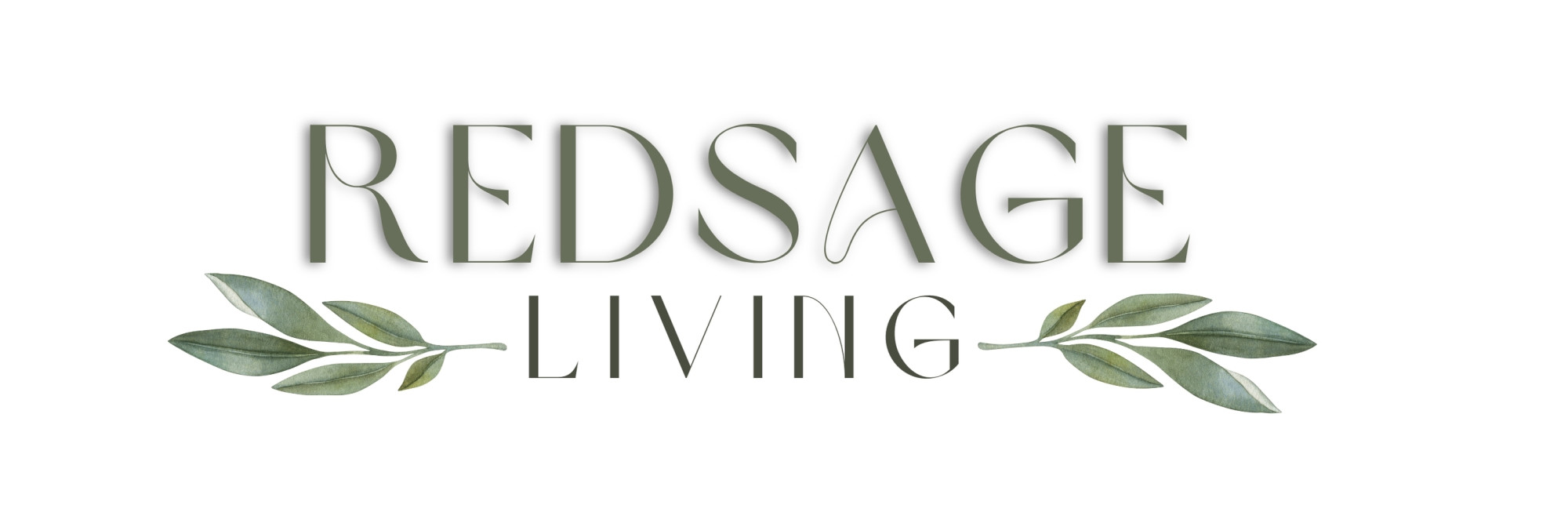

There’s a simple doorway to journaling that often goes unnoticed: scent.
A familiar fragrance can unlock a memory, tug at a feeling, or sharpen a thought just when you need it most. For many of us navigating midlife (juggling work, family, and shifting priorities), scent-triggered moments can become quiet catalysts for clarity, memory retrieval, and momentum.
Guided journaling practice gives you a dependable rhythm: pause, observe, write, and act. Pair that rhythm with the right aromas, and you invite your senses to participate in your growth.
There’s a quiet magic in how scent can unlock parts of us we keep tucked away. Have you ever had a smell jolt you back to a memory?

One of my personal examples: there's a particular combination of diesel and motor oil that triggers a memory of standing under an underpass in New Jersey with friends, waiting for a bus, after we'd returned from Greece. I can close my eyes and picture the exact moment: who, what, and where. Why was that moment stored so vividly? The experience wasn't anything significant; however, the city bus aroma was substantial enough to imprint itself firmly in my subconscious and evoke it whenever I catch a whiff of that particular scent combination.
When aroma becomes a companion to guided journaling, you get a practical, sensory-rich routine that helps those inner landscapes surface and take shape on the page.

Why scent can matter in journaling
The purpose of journaling, whether you're writing rich descriptive ideas for your creative writing project or recounting details of the day, is to get the thoughts you've collected from your head into your journal.
1. Smells are powerful memory cues that tap into your emotions.
A familiar aroma can bring a sense of safety, a spark of inspiration, or a thread of meaning that words alone might miss.
Research on olfactory memory shows that scents can evoke vivid autobiographical memories with emotional detail, often more reliably than other senses. For example, studies in olfactory psychology and neuroscience highlight how odor-evoked memories can access rich personal details and affective states quickly and vividly. These olfactory cues can reopen memories and feelings that might have felt distant or unclear.

2. Scents set the mood for clarity.
Calming, grounding notes can quiet mental clutter; brighter, uplifting aromas can energize your thinking.
Peppermint is an essential oil often recommended for studying. Not only is it known for stimulating the conscious mind -- one reason we like to diffuse it on road trips and in the office-- but a University of Cincinnati study showed that peppermint increases mental accuracy of students by 28%! A perfect aroma for study time and recall during exams.
The right cue at the right moment can shift your inner weather from overwhelmed to open, a phenomenon supported by studies on multisensory learning and mood monitoring. Research in these areas suggests fragrance can subtly shift our mental state to support clearer thinking (Mitchell & Redak, 2019; Lerner et al., 2015).

3. Nature’s fragrances anchor presence.
When we promote wellness through journaling, we always add that aromas and time in nature can amplify the benefits of journaling.
Time spent in nature, or even the memory of rain, pine, or fresh air, can ground you in the moment. Multisensory experiences in natural settings have been shown to enhance attention and affect regulation. Making some connection to nature and your senses while journaling ignites a multisensory integration.

A simple way to weave scent into your journaling practice
- Create a small, inviting space. A diffuser, DIY room spray, or apply essential oils to your wrists. This helps anchor your writing corner, marking the boundary between day and practice, signaling your brain that it’s time to slow down and write.
- Choose scents aligned with your intention. If you’re seeking calm, opt for grounding notes. If you’re exploring possibilities and energy, lean into brighter scents.
- Use scent as a prompt trigger. Before you write, take a quiet moment with the aroma. Notice what memories or sensations surface.
- Bring a touch of nature indoors. A sprig of herbs, a pine needle, or a scent memory of rain can reset your senses and heighten receptivity as you journal. Another option that brings nature to your workspace is house plants. For more on topic, you'll like this post: How House Plants Can Enhance Your Journaling Experience.
- Let scent anchor your next steps. After journaling, take a deep inhale and notice any shifts. Keep a journal record of which scents or aromatic experiences you've tried (citrus, woodsy, mint, floral) and write a summary of the experience. Consciously examine which scents or scent combinations you'd tried and what thoughts and emotions surface as you journaled.

Putting Aromas into Practice
Start with a mindful inhale, allow memories to surface, and then gently guide those insights toward practical action. Scent becomes a bridge between inner awareness and outward progress.
Scent is a catalyzing partner, not a shortcut. Use what resonates, discard what doesn’t, and honor your pace.
If you’re curious how a fragrance-informed journaling practice could illuminate your dreams and sharpen your goals, consider starting with a citrus oil (lemon, orange, lime, grapefruit) or Citrus Fresh®. As you process your thoughts while journaling, take note of the atmosphere and creative environment you've created. How does the aroma influence your mood or how you consider tough questions?
Our guided journal, "Find Your Voice, Live Your Purpose" is an ideal place to start this journey. Get your copy on Amazon!




























0 Comments